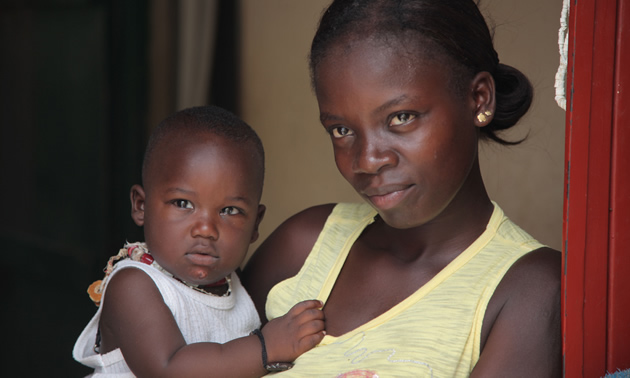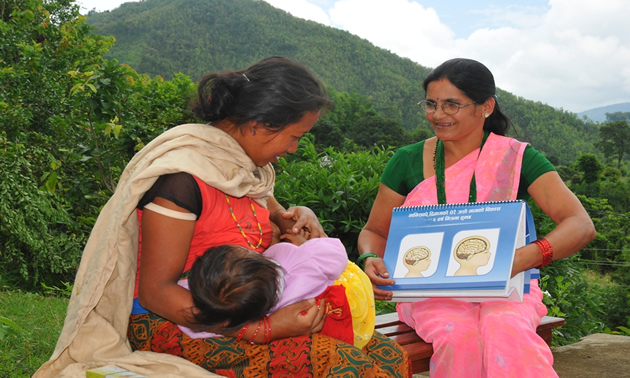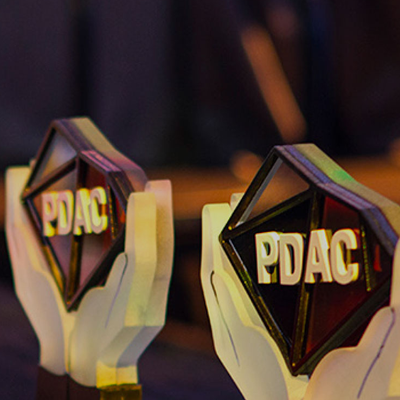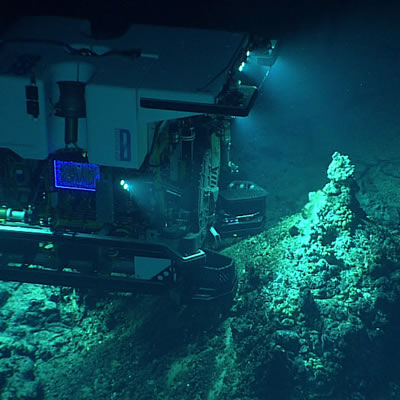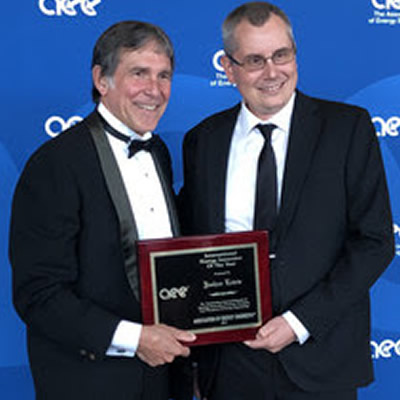From A to zinc: Teck helps prevent disease in the developing world
Zinc deficiency takes the lives of 800,000 people each year and Teck is doing something about it
Teck’s Trail Operations, located in the city of Trail, British Columbia, boasts one of the world’s largest fully integrated zinc and lead smelting and refining complexes. Approximately 290,000 tonnes of zinc are produced there each year, along with 20 other individual products. With such a huge focus on zinc, it's no wonder Teck is now using the metal to help conquer mineral deficiency in the developing world.
According to the World Health Organization, zinc deficiency is one of the leading risk factors associated with diseases such as diarrhea, contributing to the deaths of 800,000 people each year.
Taking action
Teck's signature global citizenship initiative, Zinc and Health, started when the company first learned of the devastating impact of zinc deficiency and recognized the role that Teck could play in finding solutions to this global issue. In fact, the amount of zinc required annually for zinc supplements to treat all cases of zinc deficiency is less than two per cent of Teck’s production and less than 0.1 per cent of global zinc production. In other words, Teck is not making a profit on the initiative.
Senior vice-president Doug Horswill said Teck's program envelopes three major initiatives. The first initiative is part of its Zinc Alliance for Child Health and involves the therapeutic use of zinc to treat diarrhea in the African country of Senegal. The program involves awareness training for mothers to teach them that zinc, matched with oral rehydration salts, is the appropriate treatment for diarrhea.
"One and a half billion children die annually from diarrhea or complications related to it," said Horswill. "One-third, or 450,000, of those children could be saved if treated with zinc and oral rehydration salts."
Starting out in Senegal
The program's goal is not only to raise awareness but also to see zinc tablets and oral rehydration tablets distributed in Senegal. Right now the program is in a foundation-building stage. The government of Senegal, through its ministry of health, is looking to procure the necessary zinc tablets and develop a basic training program. With the first tablets to be distributed in two to three months, Horswill said Teck is already planning to extend this initiative.
"Teck is looking to partner with Micronutrient Initiatives and the Canadian International Development Agency (CIDA) to bring the program to as many as four more countries over time," said Horswill. "The program involves $5 million from Teck (and) $15 million from CIDA, for a $20-million program aimed at promoting the use of zinc in five countries."
The second major initiative in Teck's Zinc and Health program is using zinc as a supplement.
"Children between six months and 24 months who are deficient in zinc suffer from stunting, which is a lack of physical size as well as reduced brain development," said Horswill. "The children can end up with between 30 and 40 per cent diminished capacity in their brains compared to children with sufficient zinc levels."
Teck will support the distribution of multiple micronutrients, which include zinc, folic acid, iron and vitamin A. Horswill said the micronutrients are distributed as packets of sprinkles that can be combined with cereal and are designed to complement breastfeeding for children six to 24 months old.
"The use of micronutrient packs can address stunting and deficient brain growth, so children that are treated can live more normal lives," Horswill said. "The micronutrient packet program is a partnership with UNICEF. Two countries, Nepal and Peru, are our current focus. "
According to Horswill, UNICEF has brought forward other ideas that Teck is currently evaluating.
A leading chemical company jumps in
Teck's third initiative in the Zinc and Health program relates to fortification of food. Unlike the previous two, this initiative applies to not only children but people of all ages in the developing world. On January 27, 2012, Teck and BASF, the world's leading chemical company, announced a partnership to reduce zinc deficiency through micronutrient food solutions.
"This involves fortifying staple foods like flour and rice with zinc and vitamin A," Horswill said. "This is a partnership we have with BASF. They estimate within three years they will be treating or reaching 100 million people with fortified foods who would otherwise not have access to fortified foods and would be deficient in vitamin A and zinc."
This simple plan will offer a solution to one of humanity's most common killers.
"Diarrhea kills more people today than pneumonia, malaria and HIV combined," said Horswill. "Kids die from it and no one knows that—no one talks about it. Treating zinc deficiency is increasingly being recognized as the single most important intervention. We are very happy to be a part of it and the people at Teck are very proud to work for a company that is focused on trying to make the world a better place."
About zinc
- Zinc is an essential micronutrient
- Zinc activates growth as well as physical and brain development
- Zinc can help prevent and treat diarrhea
- Zinc accelerates healing and enhances the immune system
- Zinc protects the body from illnesses and helps fight infections
- Zinc can reduce the duration and severity of a common cold

